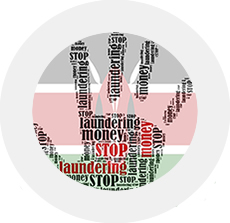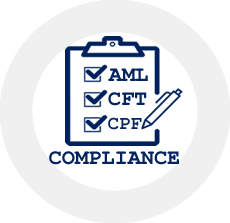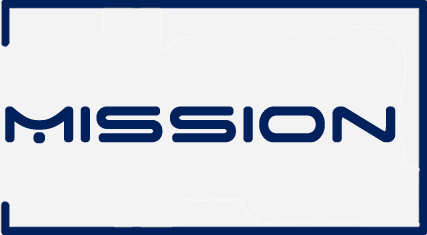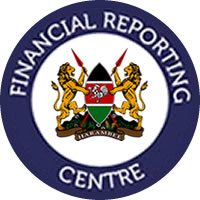
Mandate
The Financial Reporting Centre (FRC) is a Government institution created by the Proceeds of Crime and Anti-Money Laundering Act (POCAMLA) 2009.

Compliance
The Proceeds of Crime and Anti-Money Laundering Act (POCAMLA) and Regulations require reporting institutions to comply with AML/CFT measures.

Targeted Financial Sanctions
Asset Freezing and Prohibitions to prevent funds or other Assets from being made directly or indirectly available to the benefit of designated persons or entities.

Report Submission/Registration
The Proceeds of Crime and Anti-Money Laundering Act, (2009) mandates reporting and regulatory institutions to report Suspicious or Unusual Transactions.

“To promote the integrity of Kenya’s financial system by combating money laundering, terrorism financing, and proliferation financing”.


